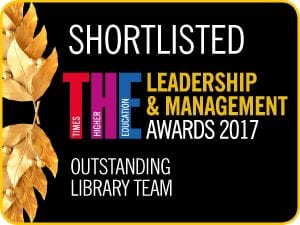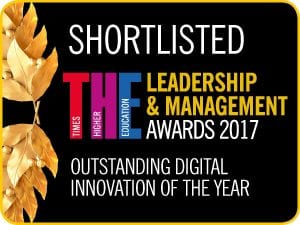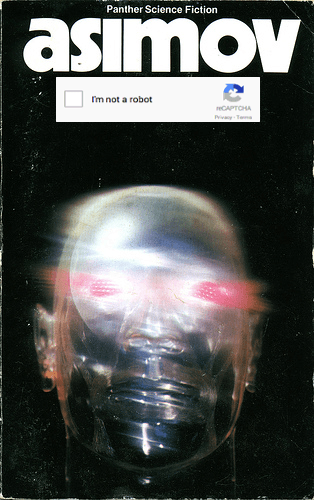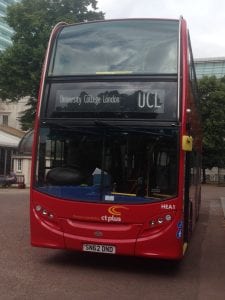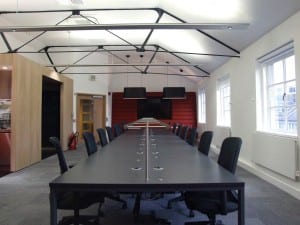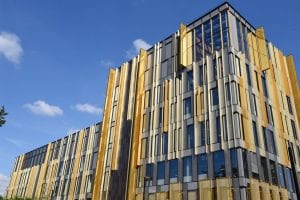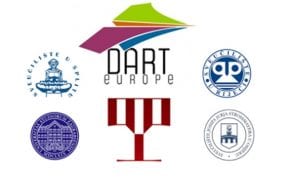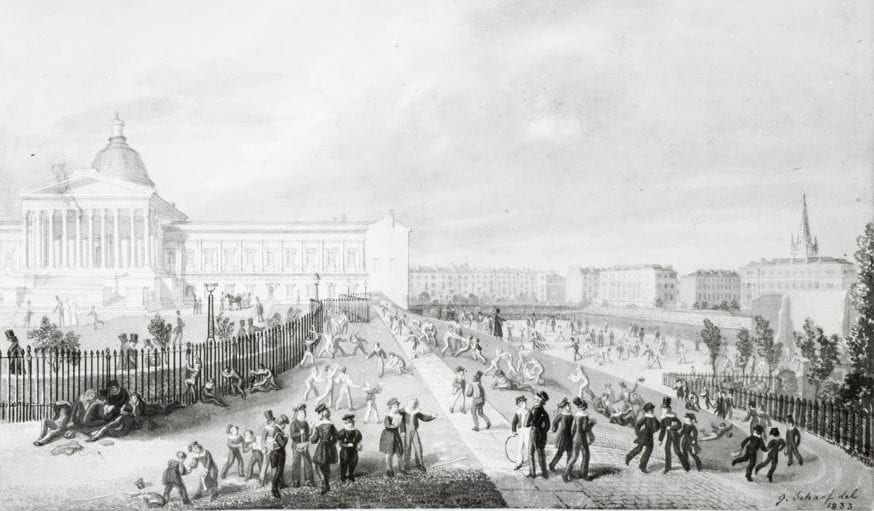The Pro-Vice-Provost’s view
By Paul Ayris, on 6 May 2017
LEARN End of Project Conference
5 May saw the final Conference in the 2-year EU-funded LEARN project on research data management (RDM), which has been led by UCL. This attracted 128 registrations in Senate House from 21 countries, with 95 institutions represented.
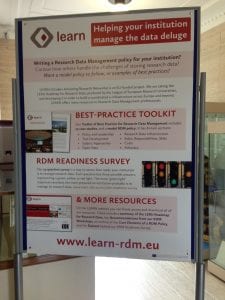 The day opened with a keynote presentation by Professor Kurt Deketelaere (Secretary General of LERU, the League of European Research Universities). Kurt gave a challenging presentation on the need for universities to get serious about RDM. He noted the leadership role that Europe is playing in delivering RDM solutions. Further keynote addresses in the Programme from Spain and Finland amplified the theme from the point of view of research-intensive universities and infrastructure suppliers. Panel sessions with guest members answered questions from the audience on RDM and debated with each other the validity of current approaches and views.
The day opened with a keynote presentation by Professor Kurt Deketelaere (Secretary General of LERU, the League of European Research Universities). Kurt gave a challenging presentation on the need for universities to get serious about RDM. He noted the leadership role that Europe is playing in delivering RDM solutions. Further keynote addresses in the Programme from Spain and Finland amplified the theme from the point of view of research-intensive universities and infrastructure suppliers. Panel sessions with guest members answered questions from the audience on RDM and debated with each other the validity of current approaches and views.
After lunch, the Conference broke into 4 parallel Tutorials, for which UCL led 2. I gave a tutorial on how to use the 200-page LEARN Toolkit of 23 Best Practice Case Studies. June Hedges, Myriam Fellous-Sigrist and Daniel Van Strien also gave a tutorial on engaging early career researchers in RDM issues.
The final keynote was delivered by Dr Claudio Gutierrez of the University of Chile, illustrating with an apple and two books that research data has become the new currency of the research environment.
The Conference marked the end of the LEARN project, which officially finishes at the close of the month. Twitter postings underline how valuable attenders found the event. CODATA and EUDAT have commended the Toolkit of Best Practice Case Studies. In one of the video podcasts from the day, a North American visitor commented that (as a result of his attendance) he felt Europe was more advanced than the USA in tackling RDM issues. This, and other podcasts, will be available on the LEARN website (along with videos of all the plenary sessions). The podcasts can currently be seen via Twitter and are discoverable under the hashtag #learnldn.
The LEARN partners have enjoyed working together so much over the last 2 years that we are already planning a LEARN II – this time focussed on the whole area of Open Science.
Paul Ayris
Pro-Vice-Provost
 Close
Close


